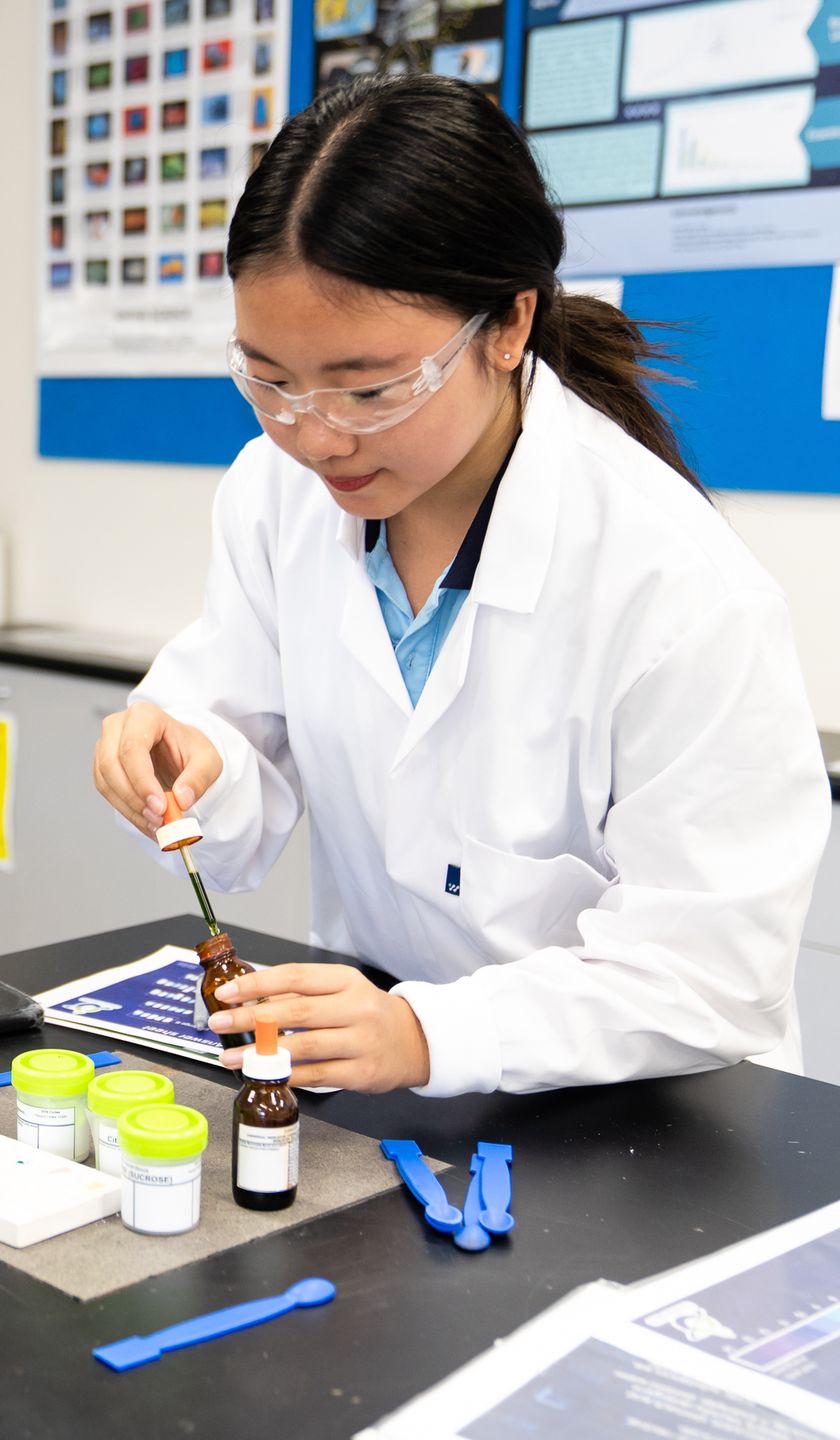






Society and Culture deals with areas of interest and relevance to students, and develops knowledge, understanding, skills, values and attitudes essential to an appreciation of the social world. The interaction of persons, society, culture, environment and time, and how they shape human behaviour, is a central theme of study. Students develop an understanding of research methodologies and undertake research in an area of particular interest to them. The research findings are presented for external assessment in the Personal Interest Project.
The study of society helps not only to understand the current social structures in which you are living but also trace the course of human social development through out history. ... It helps to understand the ways in which we can approach society and induce positive change.
In addition to its intrinsic value, culture provides important social and economic benefits. With improved learning and health, increased tolerance, and opportunities to come together with others, culture enhances our quality of life and increases overall well-being for both individuals and communities.
The essential difference is that society is composed of people while culture consists of knowledge, ideas, customs, traditions, folkways, mores, beliefs, skills, institutions, organizations, and artifacts. Society is the combination of people with different cultures.
The HSC Course consists of a Core with two components:
and two Depth Studies chosen from the following:
If you have further questions, please contact:
Head of HSIE - Mr Nick Hales